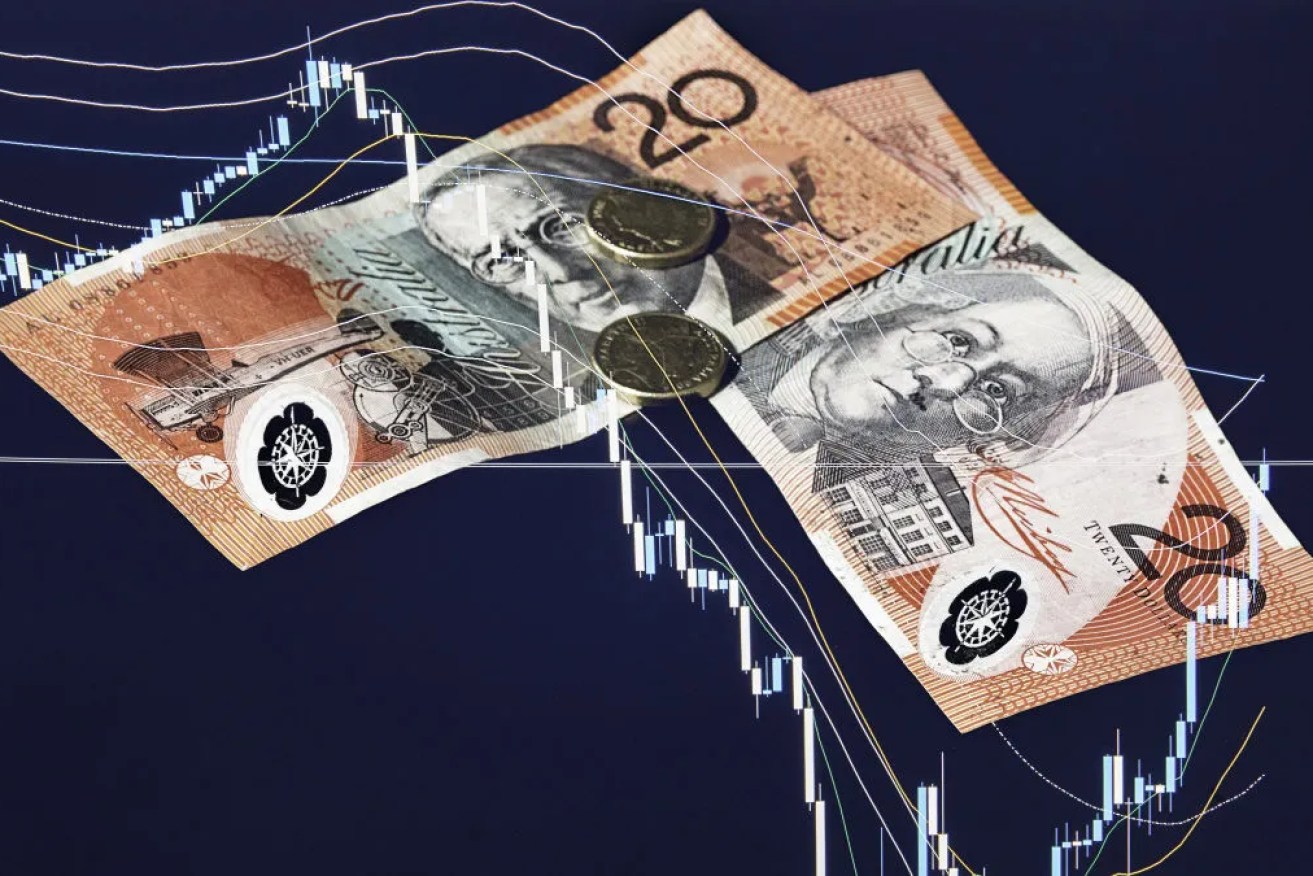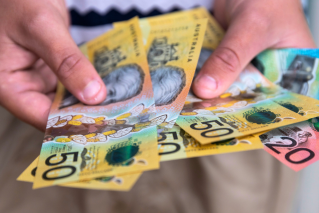Ask the Expert: Should my superannuation option be defensive or balanced?


Seek expert advice for choosing the right risk setting on your superannuation. Photo: Getty
Question 1
- I am fully retired, own my home outright and have $315,000 in super. I changed my option to defensive from balanced to get through this unstable time in the economy. Have I made the right decision?
If you are timing the market, then you won’t know if you have made the correct decision until well after the fact.
I, like just about everyone else do not know what the market will do in the short or even medium term.
However, over the long term sharemarkets have historically performed very strongly.
Remember you should be taking a long-term outlook with your super strategy. Even after you retire, the funds will still probably be invested for a long period.
Also remember you would need to get two market timing decisions correct, when to switch to defensive/cash option and then to switch back. You will need a lot of luck to get both those decision correct.
Being out of the market and missing any upswing, even for a few days can do a lot of damage to your future balance.
Have a play around with this interactive chart from Fidelity.
It shows, for example, if you invested $10,000 in global shares 20 years ago, and you missed just the best 20 days instead of staying fully invested, your portfolio will be $30,000 worse off.
For just about everyone the best approach is to take an investment approach that matches your time frame, long-term goals and ‘risk profile’.
All investments carry some risk. Investment risk is how certain are the investment returns you will receive, and the potential for short-term drops in the amount you have invested. Typically, the bumpier the ride the higher expected long-term return.
Higher-risk options have the potential for higher returns.
However, they are also more vulnerable to market ups and downs, especially in the short term. You need to be prepared to pay the price of ups and downs in order for a strong long-term return.
Lower-risk options are usually more stable, so you won’t have to worry about big rises and falls in your investment quite so much. However, their return potential is relatively limited.
I suggest speaking with your super fund, or financial adviser, to assist you in working out your risk profile and then selecting a corresponding investment option to stick with in the long term.
Question 2
- I have owned an investment property for seven years and will now be moving into it to become my principal place of residence. In that time the value has increased significantly, but it is also likely to increase further. If I live there for five years, how is CGT calculated when I sell?
I assume your investment property has been rented out the entire time until now.
Capital Gains Tax will then be pro-rated based on the percentage of time it was used as an investment property.
The portion of the capital gain which is taxable is calculated as follows:
Capital gain x time property was not principal residence
divided by Whole period of ownership
So, in the numbers you have provided it would be capital gain x (7/12)
You will need to have kept good records and you should obtain tax advice as there will be many deductions you may be able to claim to reduce the capital gains payable.
Question 3
- I am retiring at age 60 due to having qualified war service in IRAQ. I have $280,000 super that I am about to draw after 60. I receive a fortnight pension through DRFDB around $1017 per fortnight. Situation: I will be paying out my mortgage worth $220,000 using my $280,000 worth of super. I will be applying for the Service pension at 60 as I have qualifying service, but my main question is … Will I pay tax on my service pension and DFRDB and if so would you have an idea of how much? I have no other income other than my wife will also receive the Service pension at the same time and we have no shares and around $70k of asset based items. Thanks, Steve
Hi Steve,
Commonwealth Superannuation Corporation (CSC) who administer the DRFDB have advised this is a complex area, due to the individual factors that may apply in your situation and the fund rules.
For example, the following factors may have an impact on the amount of tax withheld:
- If you claiming the tax-free threshold
- If you are receiving a DFRDB invalidity pension
- The tax components of the DFRDB pension
- If the 10 per cent offset is applied to the DFRDB pension at age 60
- If there is a supplementary payment on his Service pension.
Based on information obtained from the Department of Veterans Affairs, the Service pension is taxable, but there can be supplementary amounts that are tax-free.
There is further information in CSC’s ‘Tax and your DFRDB pension’ fact sheet.
I suggest contacting the CSC team to discuss your personal circumstances and for them to explain how tax will be applied to your pension. You can also speak with them in relation to obtaining financial advice.
Craig Sankey is a licensed financial adviser and head of Technical Services & Advice Enablement at Industry Fund Services
Disclaimer: The responses provided are general in nature, and while they are prompted by the questions asked, they have been prepared without taking into consideration all your objectives, financial situation or needs.
Before relying on any of the information, please ensure that you consider the appropriateness of the information for your objectives, financial situation or needs. To the extent that it is permitted by law, no responsibility for errors or omissions is accepted by IFS and its representatives.
The New Daily is owned by Industry Super Holdings








